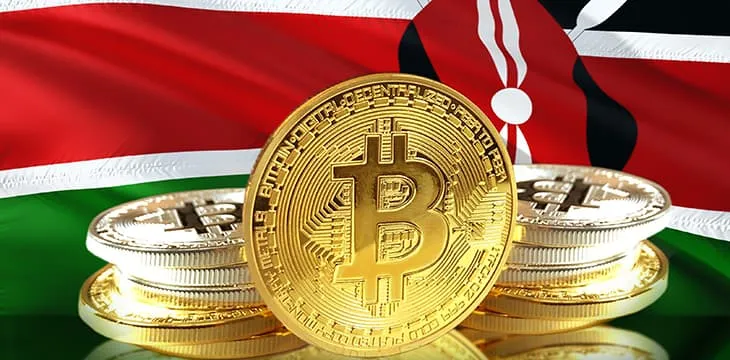|
Getting your Trinity Audio player ready...
|
Digital currency exchanges operating in Kenya now have to pay a 1.5% tax after a new law took effect on January 1. The law charges a digital services tax (DST) on all digital marketplaces and services, as the government seeks to raise $46 million from the nascent sector.
The Finance Act 2020 was first announced in August 2020. Among the many changes it introduced was the digital service tax (DST), which has been met with fierce opposition from Kenyans working in digital services.
Introduction of Digital Service Tax (DST)
Payable by a person who derives or accrues income from services through a digital market place at the rate of 1.5% of the gross transaction value. @KRACare
Effective Date: 1st January 2021. #FinanceAct2020
— Kenya Revenue Authority (@KRACorporate) August 6, 2020
However, despite the opposition, the Finance Act took effect at the turn of the year. It will require the growing number of digital currency exchanges operating in the Kenyan market to pay a 1.5% tax on their gross transaction value.
When the government announced the DST, digital currency exchanges were uncertain if it applied to them, especially since the government is yet to legally recognize them. However, the Kenya Revenue Agency clarified that it expects them to pay the tax or risk enforcement measures.
Speaking in a Q&A session, a KRA official responded to concerns on how the Act affects digital currencies:
“The world is getting more digital. We now have digital wallets. As the law is, any person who will be offering a digital service – crypto is digital, the platform is digital, the acquisition process is digital, the process of payment is digital – in that respect, DST will be applicable on cryptocurrencies.”
In addition, the Finance Act 2020 defines digital marketplaces as platforms that “enable the direct interaction between buyers and sellers of goods and services through electronic means.”
The DST tax on digital currencies gives hope that the government recognizes the digital currencies industry and will hopefully regulate it in the near future. However, an industry can be taxed despite a lack of legal recognition. In India, for instance, the government has proposed an 18% tax on digital currencies while at the same time working on a bill that could outlaw digital currencies.
Foreign exchanges including Paxful, Local Bitcoins, Bitzlato and Binance P2P operating in Kenya will feel the impact more than their local counterparts. This is because local exchanges can claim back their DST tax at the end of the year since they pay other forms of taxes.
Kenya continues to be one of Africa’s largest digital currency hubs. The East African country ranked first for adoption in Africa in a Chainalysis study and fifth globally.
See also: CoinGeek Live panel, Digital Currency & Global Compliance: Tools & Tips for Exchanges, Wallets & Other Service Providers

 07-04-2025
07-04-2025 





